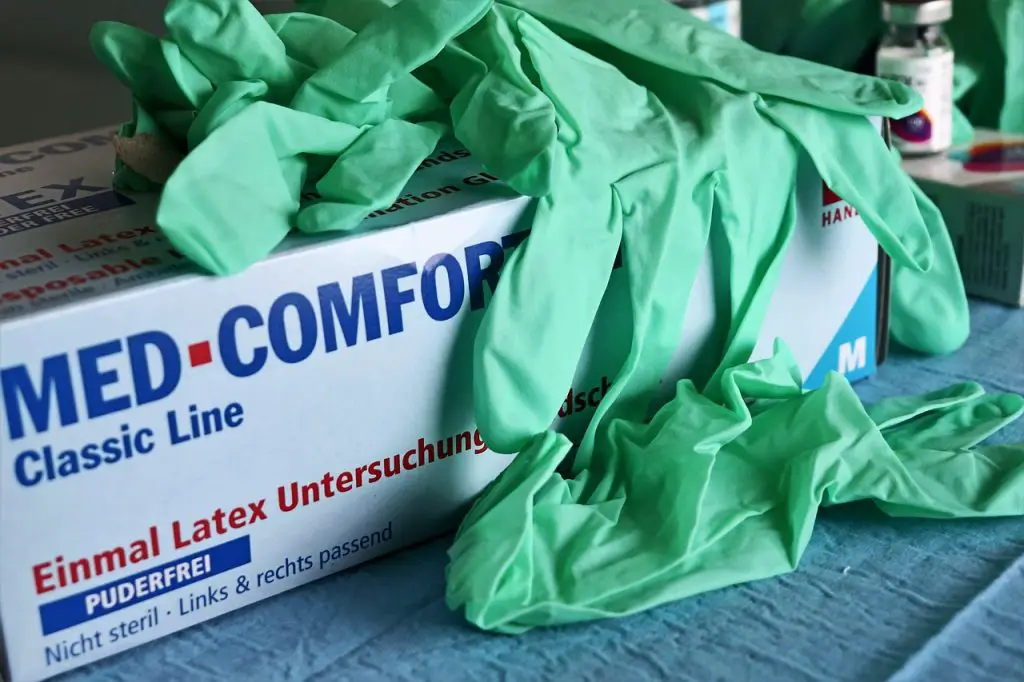Starting a medical commodities business can be a lucrative venture, especially with the increasing demand for medical supplies due to the ongoing health crisis. This business involves selling medical commodities like gloves, masks, syringes, and other medical consumables to clinics, hospitals, and pharmacies. However, it’s a heavily regulated field with specific requirements you need to meet. Below is a detailed guide on how to start a medical commodities business.
- Understand the Industry
Medical commodities are a significant part of healthcare delivery. The healthcare industry relies on a steady supply of consumables for daily operations. Therefore, understanding the medical commodities market, key players, trends, and dynamics is the first step. Research the types of products in demand, the leading manufacturers, and the needs of your potential clients.
- Conduct Market Research
Investigate your local market to identify the needs and gaps you can fill. Understand the types of medical commodities in demand, the current suppliers, and their offerings. Look for opportunities such as underserved areas, specific products not readily available, or unique services you can provide.
- Business Plan
A detailed business plan is vital. It should outline your business’s vision and mission, target market, product offerings, pricing strategy, marketing and sales strategy, competition analysis, and financial projections. This document will serve as a blueprint for your business and is also crucial if you’re seeking external funding.
- Legal Compliance
The sale of medical commodities is heavily regulated to ensure patient safety. You’ll need to comply with regulations from bodies like the Food and Drug Administration (FDA) or equivalent authorities in your country. These regulations cover areas like product quality, storage, and transportation.
You also need to register your business, obtain necessary licenses and permits, and ensure you meet all legal requirements. Engage a lawyer to guide you through this process.
- Financing Your Business
Starting a medical commodities business can be capital-intensive. You’ll need funds for purchasing inventory, leasing a warehouse, transportation, marketing, and other operational expenses. Determine how much capital you need and explore different funding options like personal savings, bank loans, or investor funding.
- Finding Reliable Suppliers
Your business’s success hinges on the quality and reliability of your products. Therefore, finding reputable manufacturers or suppliers is crucial. Attend industry trade shows or use B2B platforms to identify potential partners.
- Warehousing and Logistics
Proper storage and transportation are critical in the medical commodities business. You’ll need a clean, dry, and secure warehouse. Some products might require specific storage conditions, like refrigeration. Consider these requirements when choosing your warehouse.
- Hiring Staff
You might need to hire employees for roles like sales, warehouse management, delivery, and administration. Ensure your staff are adequately trained, especially on regulations related to handling medical commodities.
- Marketing Your Business
Effective marketing can help you attract clients and establish your brand. This can involve creating a professional website, attending industry events, leveraging social media, or even cold-calling potential clients.
- Excellent Customer Service
Providing excellent customer service can set you apart from competitors. This includes delivering orders on time, responding to queries promptly, and resolving any issues quickly and efficiently.
- Continuous Improvement
Always look for ways to improve your business. This could be offering a wider range of products, improving your delivery times, or providing additional services like inventory management.
In conclusion, starting a medical commodities business requires significant planning, capital, and a keen understanding of the healthcare industry’s regulatory environment. However, with the growing demand for medical supplies, it can be a profitable venture if you can meet your clients’ needs reliably and efficiently.






